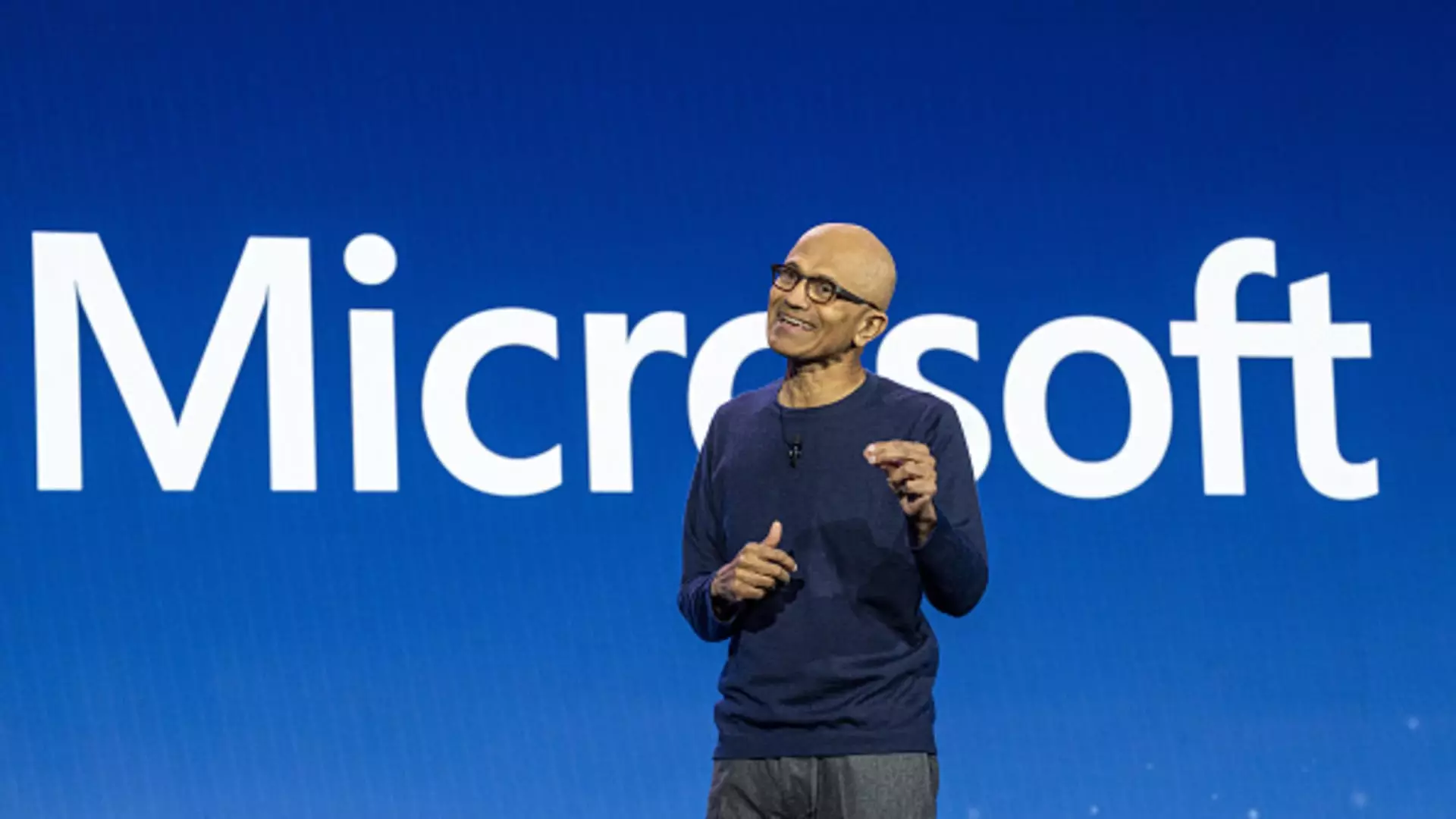In a move to cater to the evolving needs of its customers, Microsoft has recently introduced new subscription options for its Copilot virtual assistant. With the rising demand for generative artificial intelligence (AI), Microsoft aims to position itself as the go-to company for AI-powered solutions. The addition of Copilot to its productivity apps and the launch of a paid version for consumers who use Microsoft 365 software are strategic steps towards achieving this goal. This article delves into Microsoft’s efforts to leverage generative AI, the benefits it offers to small businesses and individual users, and the impact it may have on the company’s market standing.
Microsoft’s decision to integrate Copilot into its productivity apps is driven by its desire to expose more customers to generative AI. This move comes after the success of OpenAI’s ChatGPT chatbot, which gained popularity in the previous year for its ability to compose natural-sounding text based on a person’s command. By making AI more accessible to a wider audience, Microsoft aims to not only enhance customer experiences but also offset the costs associated with building and maintaining data center infrastructure for AI-driven functionalities.
While Microsoft is making significant strides in the realm of generative AI, it is not without competition. Tech giants like Amazon and Google are also vying for a share of the generative AI market. However, investors have shown confidence in Microsoft’s ability to capitalize on this demand, as evidenced by the company surpassing Apple as the most valuable publicly traded company. This success can be attributed, in part, to Microsoft’s CEO, Satya Nadella, who has consistently emphasized the importance of AI within the organization. With the vision of becoming the Copilot company, Microsoft is poised to take a leading role in driving innovation in AI-powered solutions.
Microsoft’s decision to introduce Copilot to small businesses is a strategic move to cater to their unique needs. Previously, Copilot was only available to large companies and educational institutions at an additional cost. However, with the launch of Microsoft 365 Business Premium and Business Standard, small businesses can now subscribe to Copilot. This change allows up to 299 licenses per month for $30 per person, enabling small businesses to benefit from AI-driven productivity tools without incurring significant costs. Furthermore, Microsoft has removed the 300-seat minimum requirement for certain commercial plans, making it more accessible to a wider range of businesses.
In addition to expanding access for small businesses, Microsoft has also made significant enhancements for consumers who use Microsoft 365 software. Previously, Copilot was available for free in various ways, including the Bing search engine and copilot.microsoft.com. However, users with paid subscriptions were unable to utilize Copilot in Word, Excel, Outlook, and other apps. Microsoft has now introduced the Copilot Pro add-on, which allows consumers to access Copilot’s premium features for just $20 per person each month. Subscribers to Copilot Pro will enjoy priority access to the latest AI models, such as OpenAI’s GPT-4 Turbo, and have the ability to switch between models and design custom chatbots using the forthcoming tool called Copilot GPT Builder.
Microsoft’s integration of Copilot into its productivity apps and the introduction of subscription options for small businesses and consumers mark an important shift in the company’s focus towards generative AI. By expanding access and catering to the diverse needs of its customers, Microsoft is positioning itself as a leader in the AI-driven solutions market. With fierce competition from tech giants like Amazon and Google, Microsoft’s strategic decisions and emphasis on AI are crucial to its success. As the era of virtual assistants continues to evolve, Microsoft’s Copilot is poised to take center stage and revolutionize the way businesses and individuals leverage generative AI technologies.

Leave a Reply